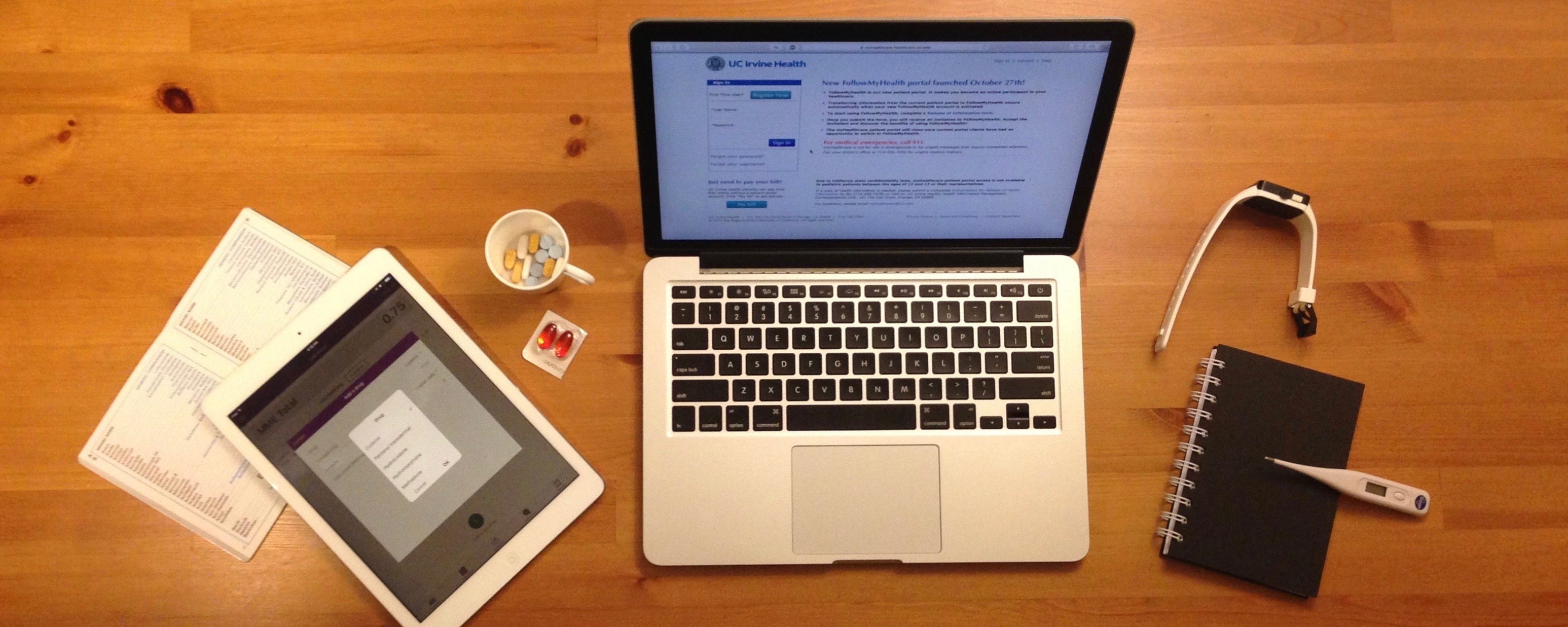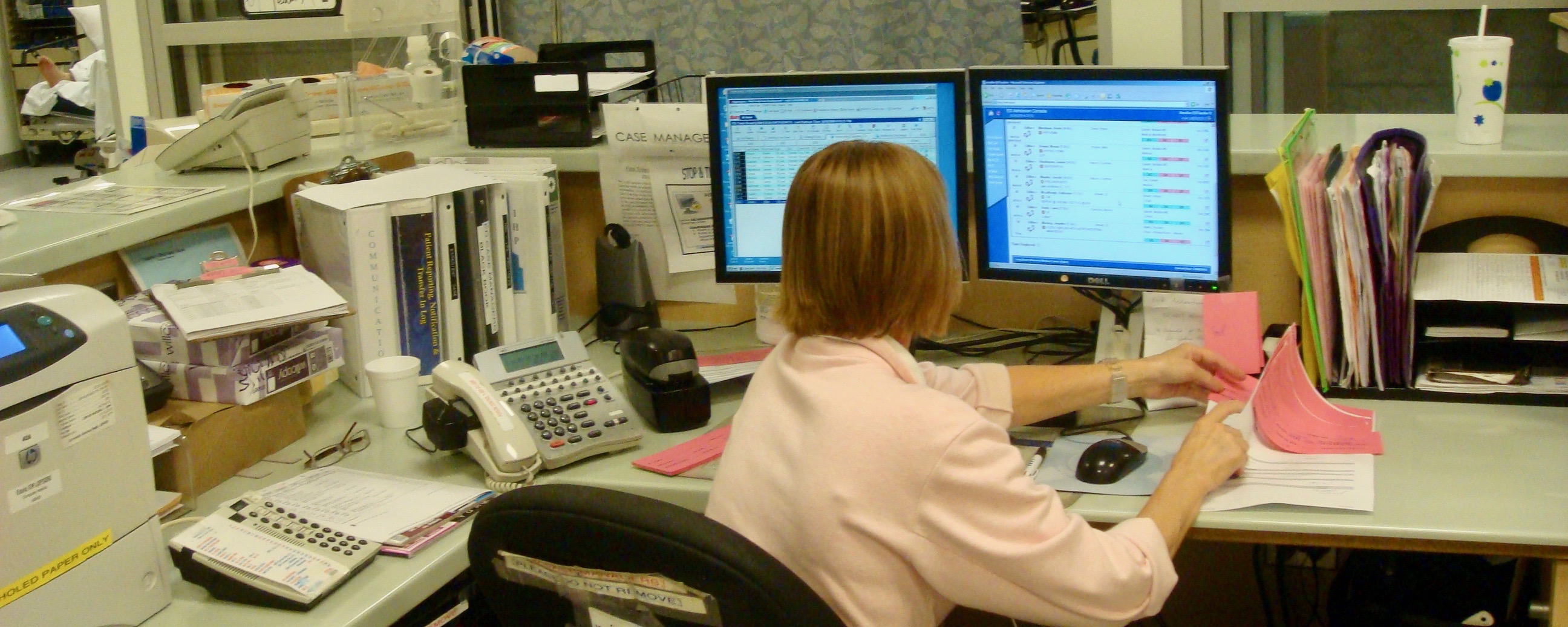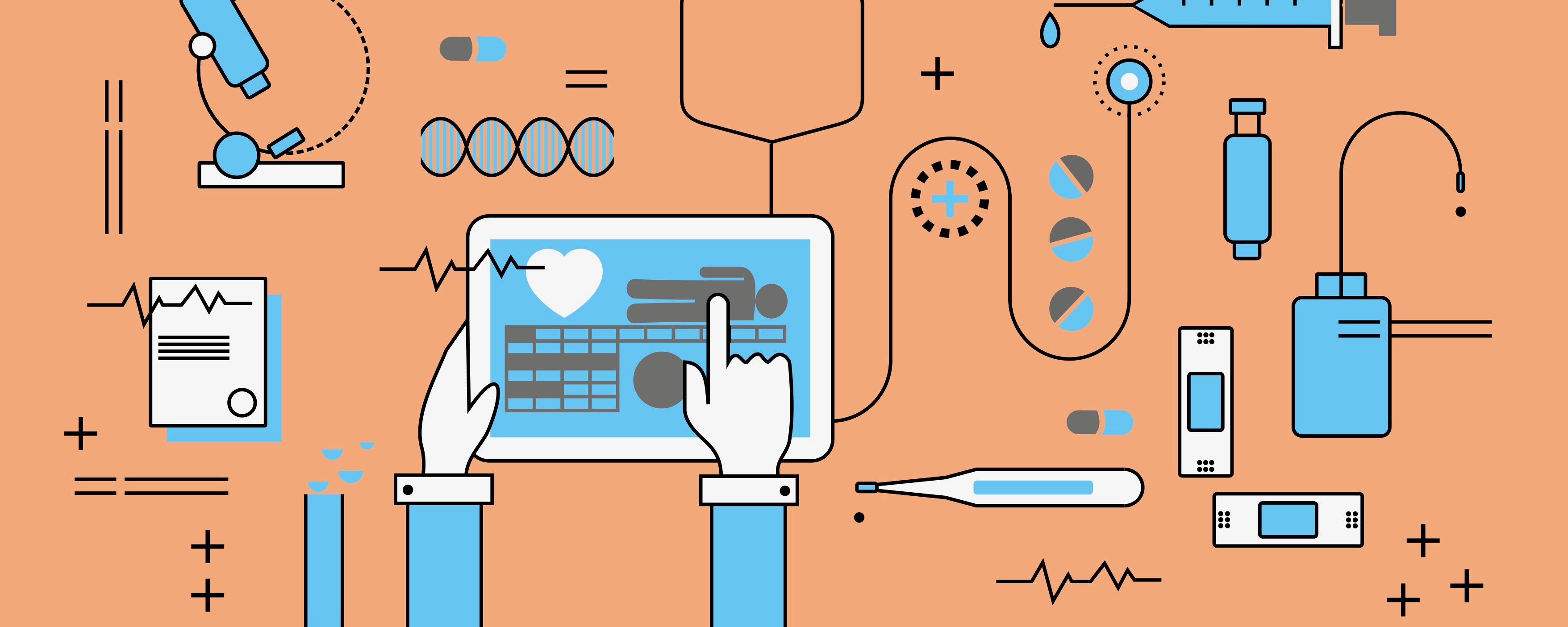




Overview
The Health and Information (HAI) Lab at the University of California, Irvine focuses on the impact of clinician-technology interaction on patient safety, as well as how people use personal technology for their own wellbeing.
For prospective undergraduate volunteers
If you are an undergraduate, and you are interested in graduate school, you should consider getting involved in research, because experience in research--as evidenced by coauthorship on published research--is something that graduate schools find desirable. Feel free to visit our Projects page to see what you are interested in, and then get in touch with the People who are leading the project. No matter your background, there is probably something you can do.
Sometimes, undergraduates expect to come in and get going on a project right away, and to get coauthorship within a few months to a year. You should know this is rare, and that research takes time and patience. Usually, we want to start working with you as early in your undergraduate career as possible; first-years are especially welcome to reach out.
The first year or two are often spent in training. You may participate in qualitative coding or programming during this time. Be advised that this sort of work is no guarantee of publication, especially if you leave before completing the project. Sometimes, when an undergraduate leaves, we put their project on the shelf, because when a project is left half-finished, its value is unclear.
During the training years, we may also ask you to read some graduate-level texts and to take some courses at the undergraduate or graduate level. Time that you spend each quarter should have a space on your schedule (e.g., Individual Study). Most of this time must be scheduled by you; we advise working out a weekly schedule for yourself. Be advised that, although our instructions may be brief, assignments will be relatively unconstrained, so they will require significant time to do well.
By your third or fourth year with us, you should be able to develop and conduct a research study, supervised by a graduate student (e.g., for Honors Research). Be advised that conducting your own study is not a guarantee for publication; papers are rejected in peer review as a matter of routine, and it takes significant work to revise and resubmit to conferences and journals.
We really want you to understand that research requires a lot of hard work. Still, you may find it worthwhile.
For prospective graduate students
If you are a looking into graduate school, take a look at Drs. Kai Zheng and Yunan Chen, on the People page. If you have similar interests, consider them as potential advisors!
For industry representatives
We are always looking for ways to have a real-world impact, and a good way is by collaborating with industry institutions, like hospitals and tech companies. If you are a representative, feel free to reach out!